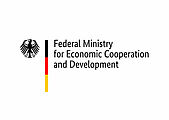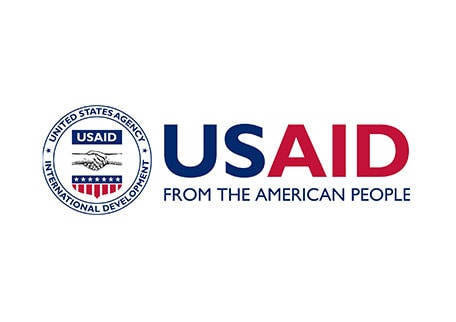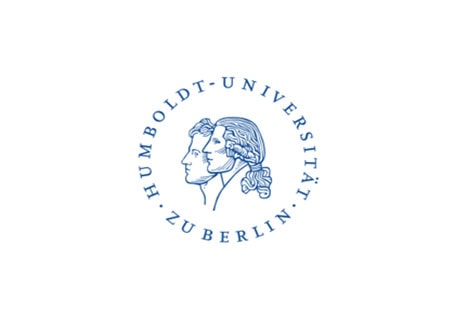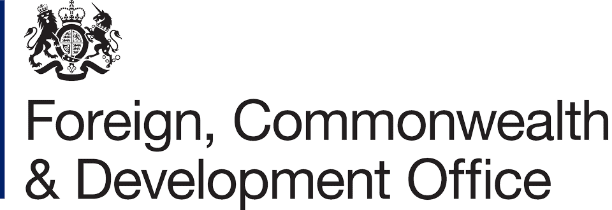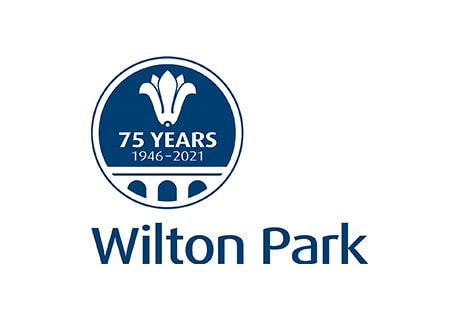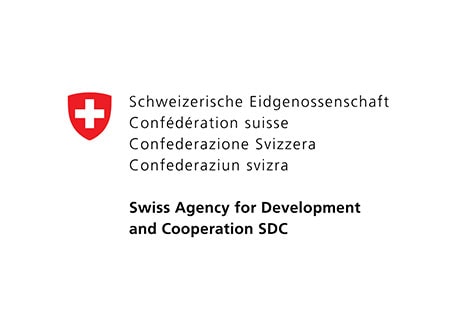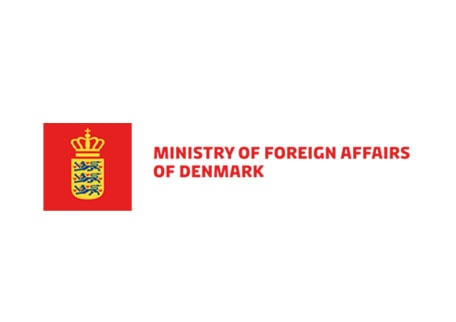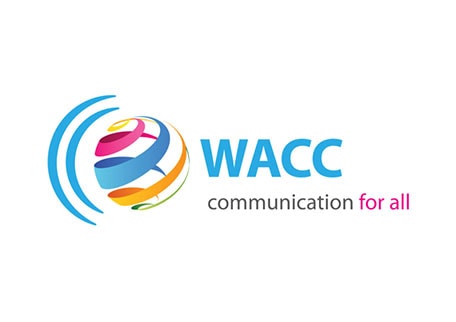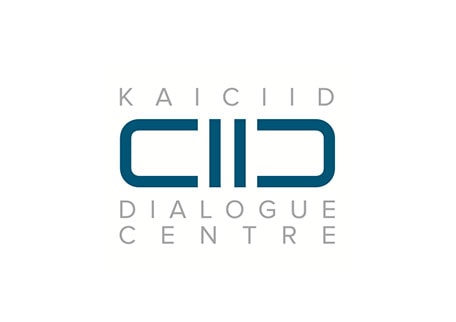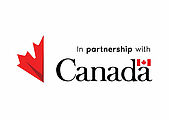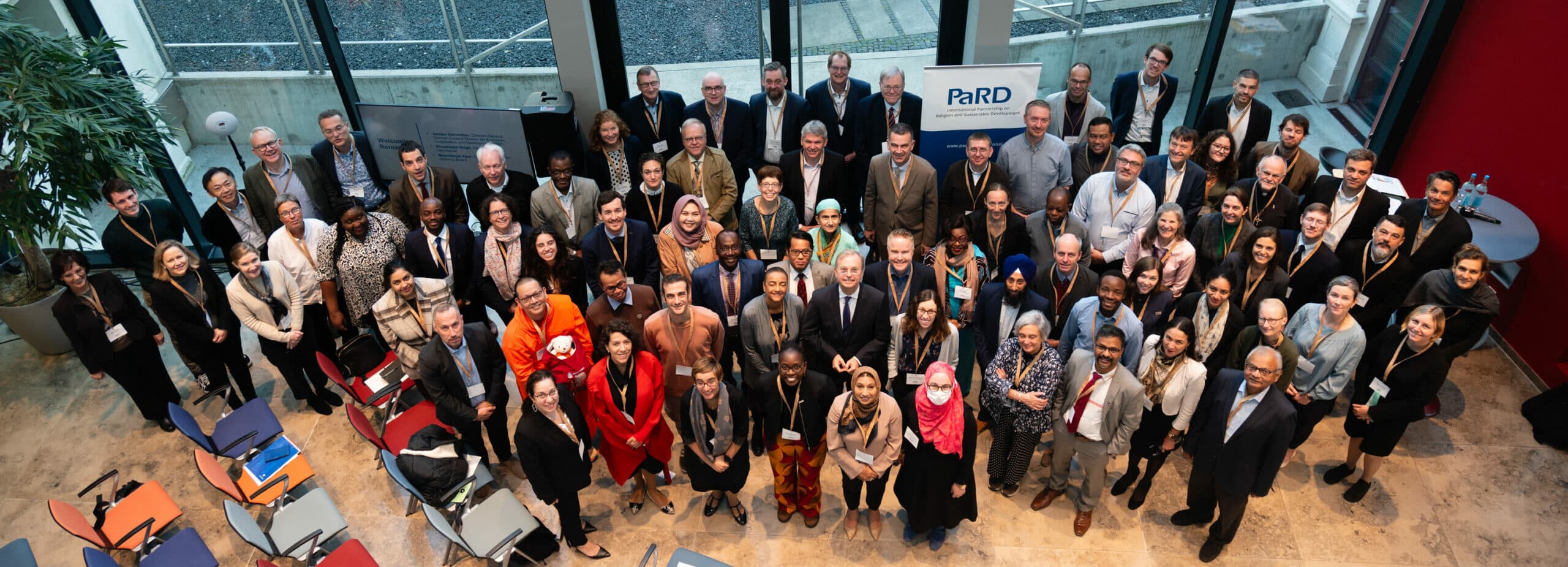
PaRD's Governance & Leadership
Quick Entry
Members
Members of PaRD are governmental entities, multilateral entities, academic institutions as well as religious, traditional, indigenous and other civil society organisations that work together towards prioritised areas of work to engage the social capital vested in faith communities for sustainable development and humanitarian assistance. PaRD members meet at least once a year at PaRD’s Annual Forum on Sustainable Development followed by workstream and/or taskforce meetings.
Membership is based on formal request and approval by PaRD’s Steering Board based on the established principles and guided by developed membership criteria. For further information on how to join PaRD, please email the PaRD Secretariat at info@pard.international. To get an overview of PaRD’s visit our members’ overview including our world map.
Steering Board
PaRD’s members govern the partnership through their elected Steering Board. It is formed by twelve PaRD members as well as the Head of Secretariat ex officio. The mandate of the Steering Board is to represent and voice the interests of PaRD members, and take key decisions on overarching strategic, financial and activity related matters, working modalities and membership applications.
The Steering Board is elected every two year. The current period last from 2023 to 2025. Seats on the Steering Board are taken by member organisations not individuals, however, those organisations select permanent representatives in the Steering Board.
In the recent period, a 14th Steering Board member was selected to represent academics. This decision was made by the Steering Board at the Annual Forum on Religion and Sustainable Development 2023 to highlight the importance of academic voices in PaRD.
Governments
Danish Ministry of Foreign Affairs
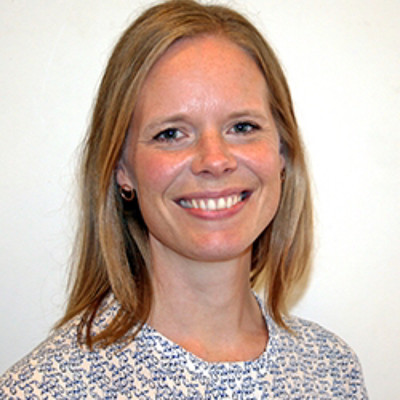
Gunvor Bjerglund Thomsen
German Federal Ministry for Economic Cooperation and Development (BMZ)
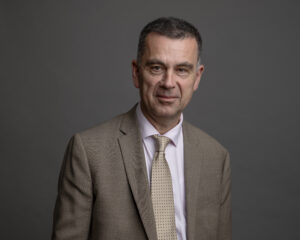
Dr. Berthold Weig
Indonesian Ministry of Religious Affairs (MoRA)

Nuria Isna Asyar
Multilateral Entities
African Union Citizens & Diaspora Directorate (AU-CIDO)

Hazel Dixon
African Union Economic, Social and Cultural Council (AU-ECOSOCC)
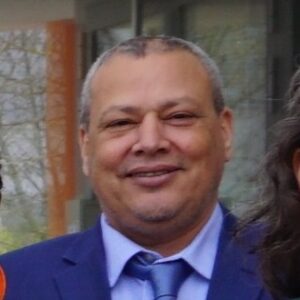
Khalid Boudali
The International Dialogue Centre – KAICIID
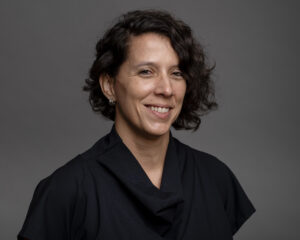
Andreia Henriques
Faith-Based Organisations
Arigatou International
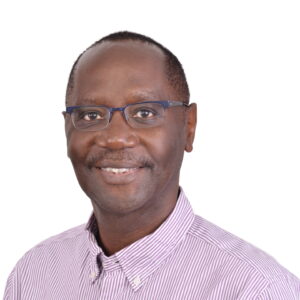
Fred Nyabera
Catholic Youth Network for Environmental Sustainability in Africa (CYNESA)

Mercy Munene
International Dialogue Research & Awareness Center Islamabad Pakistan (IDRAC)
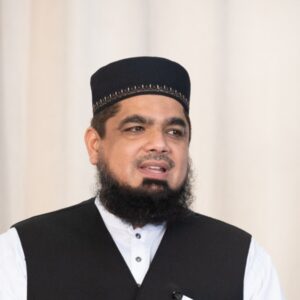
Dr Imam Muhammad Ilyas
United Sikhs
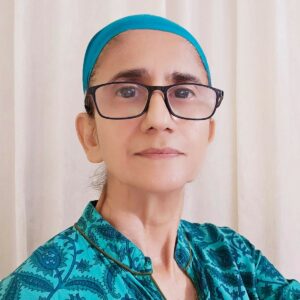
Mejindarpal Kaur
World Council of Churches (WCC)
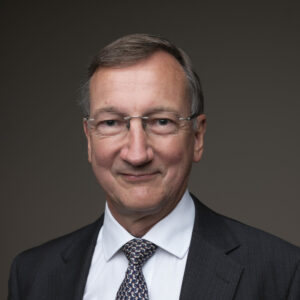
Peter Prove
World Vision
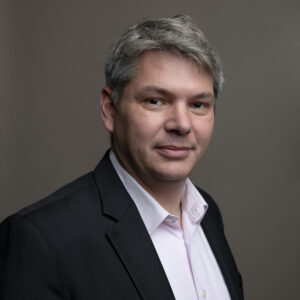
Stefan Sengstmann
Academia
Globethics
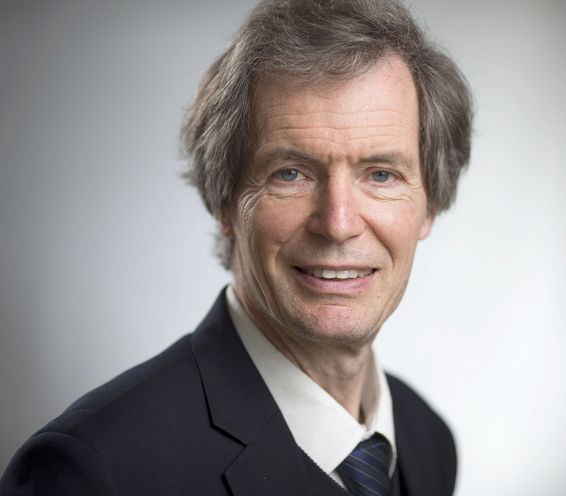
Prof Dr Dietrich Werner
Head of PaRD Secretariat (ex officio)

Khushwant Singh
Co-Chairs
The Steering Board’s three elected Co-Chairs represent governmental entities, multilateral entities and religious organisations in order to handle the day-to-day business of the Steering Board. During the period from 2023-2025, the following organisations have taken on this responsibility:
- Governments
Indonesian Ministry of Religious Affairs (represented by Nuria Isna Asyar) - Multilateral Entities
The International Dialogue Centre – KAICIID (represented by Andreia Henriques) - Faith-Based Organisations
World Vision International (represented by Stefan Sengstmann)
Workstreams and Taskforces
Through PaRD’s Workstreams and Taskforces interested partners collaborate and gather evidence about the positive role of faith actors in sustainable development. Together, concepts are created for conferences, seminars, guidelines, briefing materials, and learning resources. Jointly, members and partners have identified areas of common interest. Learn more about current workstreams and taskforces here.
Workstream & Taskforce Leads
Wach Workstream and Taskforce is headed by Leads, who are highly experienced experts in their subject area. Their mandate is to provide guidance to the Steering Board before key decisions are taken, and to ensure that all Workstream and Taskforce members get necessary orientation and information to prioritise work and reach the envisaged goals. Together with the Steering Board the Leads form PaRD’s Leadership. More details about current Workstream and Taskforce Leads can be found on the corresponsing Workstream and Taskforce pages.
Secretariat
PaRD is supported by an international secretariat located in Eschborn/Bonn (Germany). It is hosted by Deutsche Gesellschaft für Internationale Zusammenarbeit (GIZ) GmbH. The secretariat provides coordination of the work and communication systems, as well as logistical support and facilitation of PaRD activities. The secretariat becomes active on the basis of the agreed annual plan, other decisions made by PaRD’s General Assembly of Members, and decisions of the Steering Board. A clear distinction between the programming and priorities of the host institution(s) and the work of PaRD is upheld and ensured.

